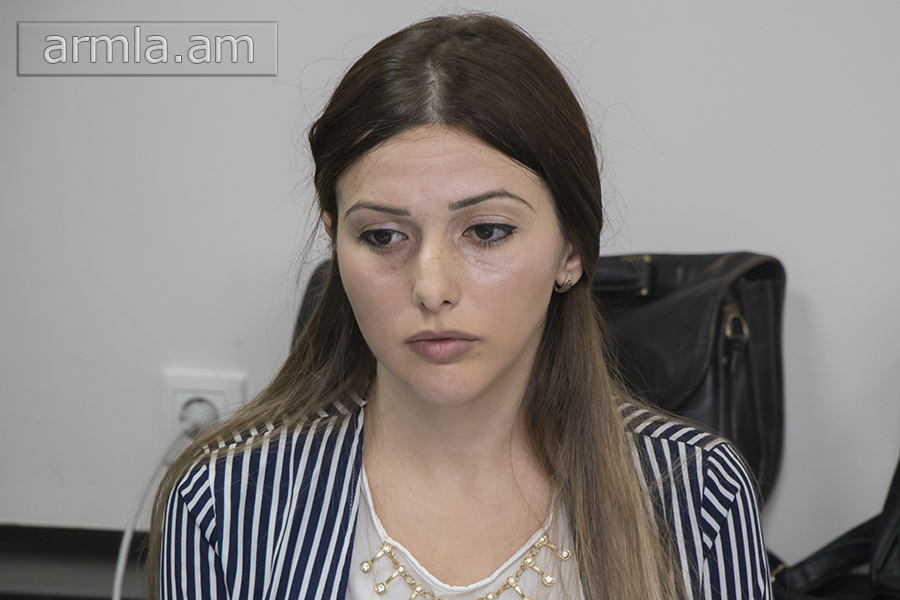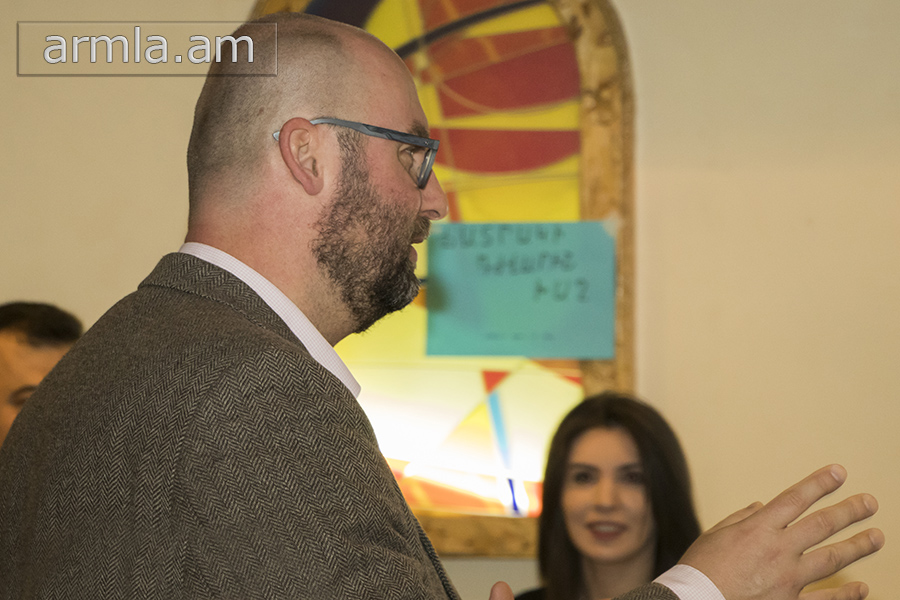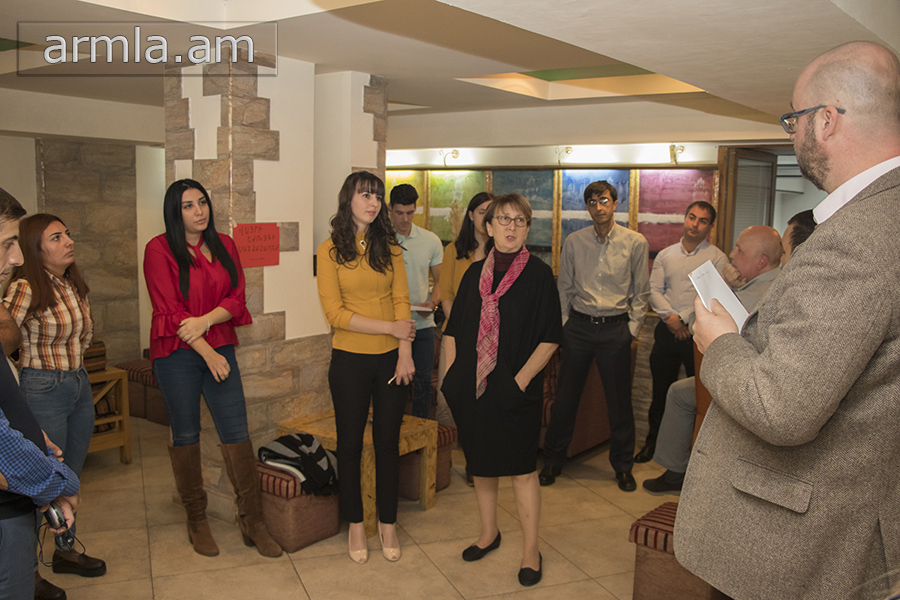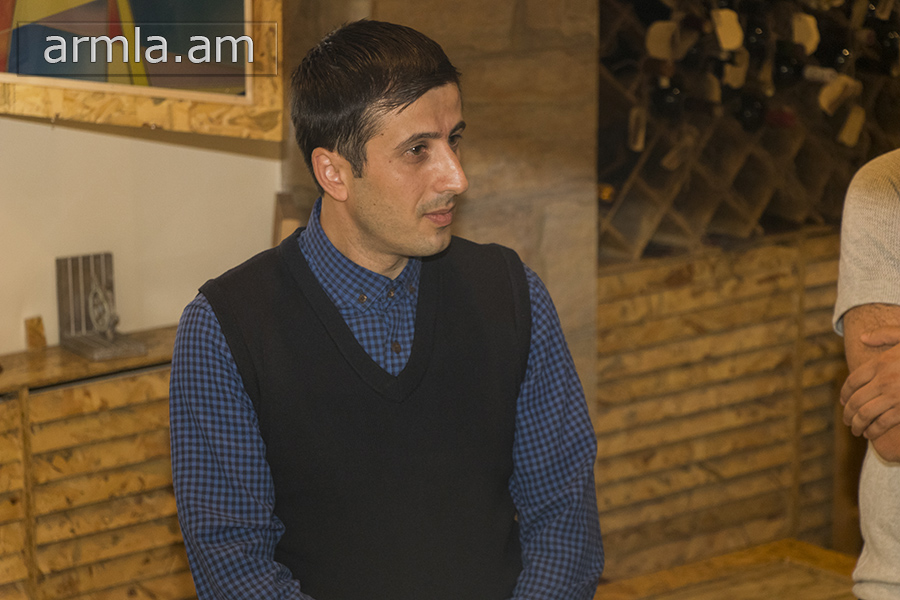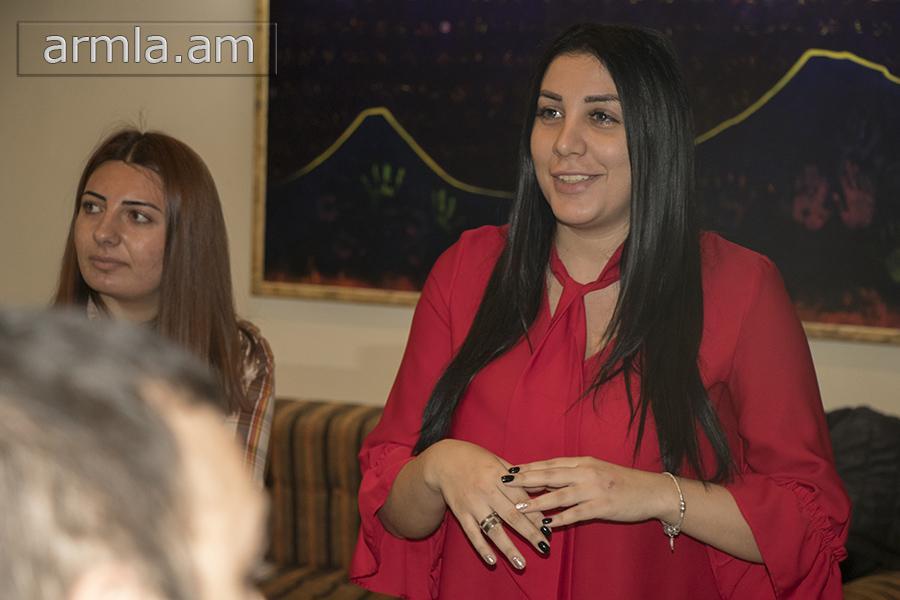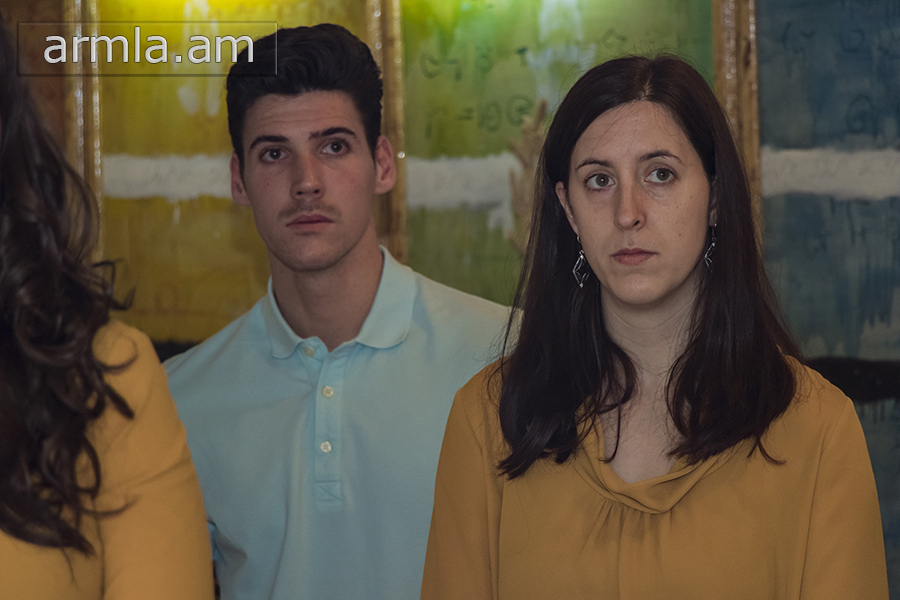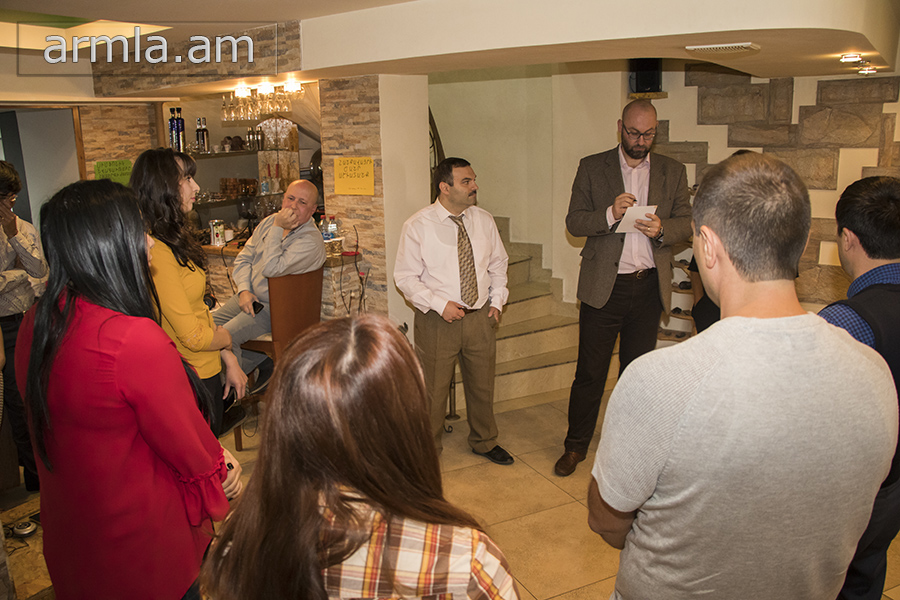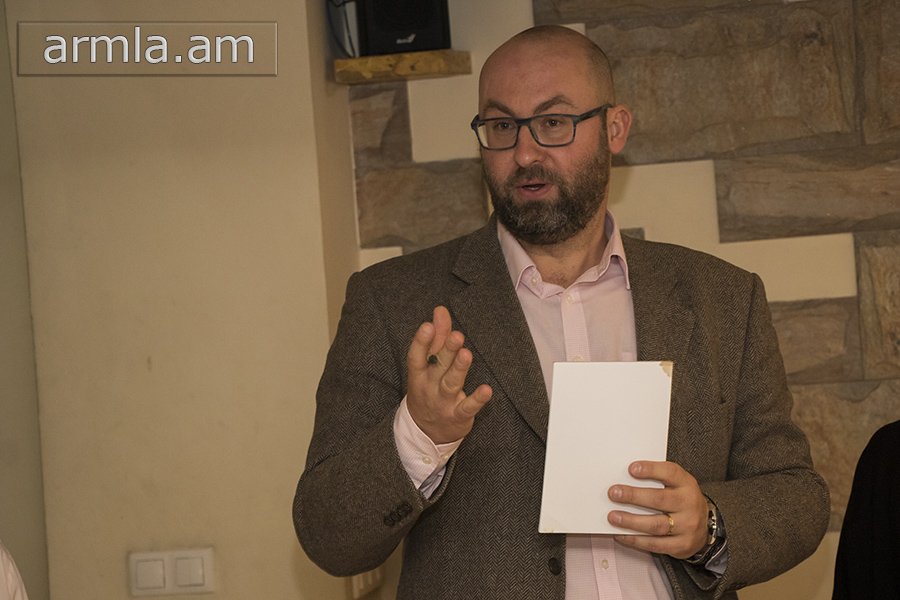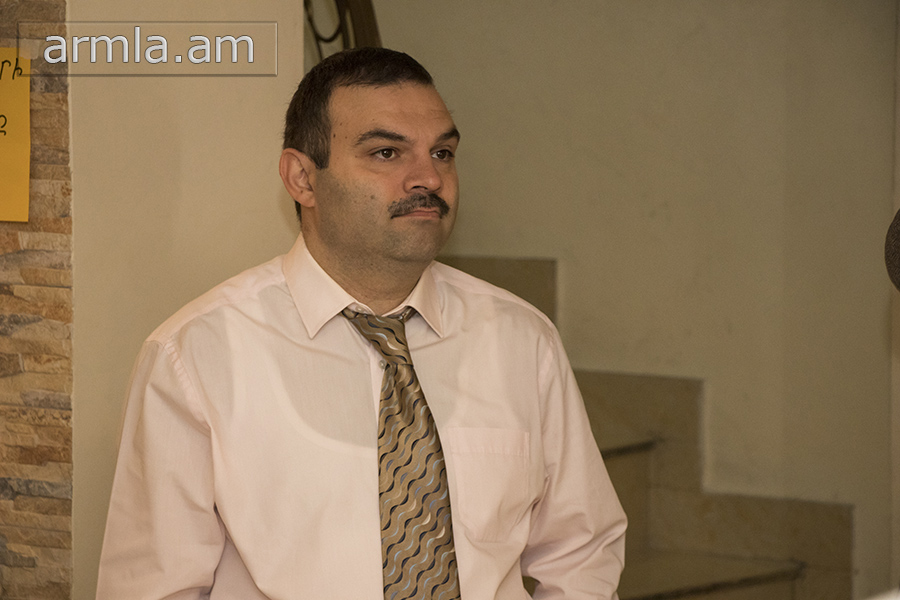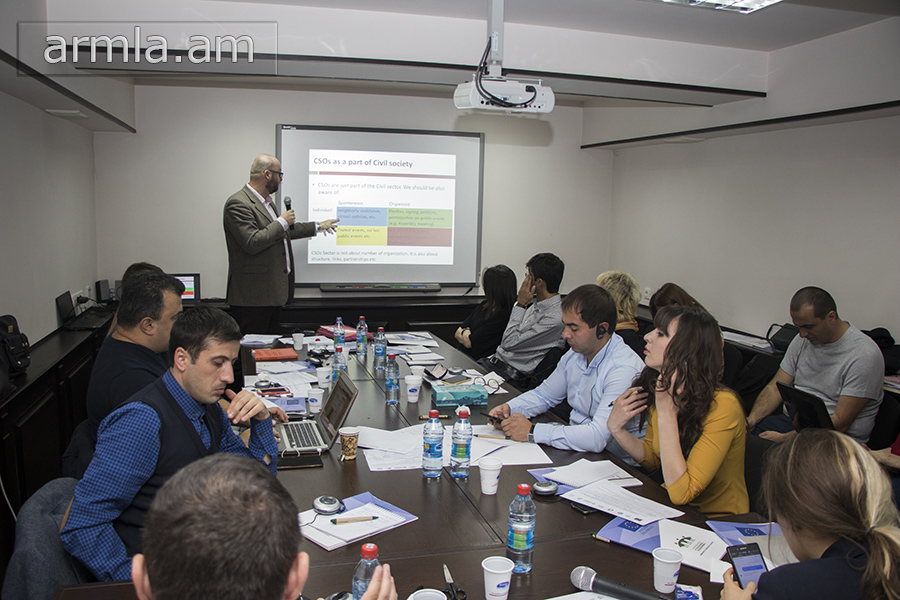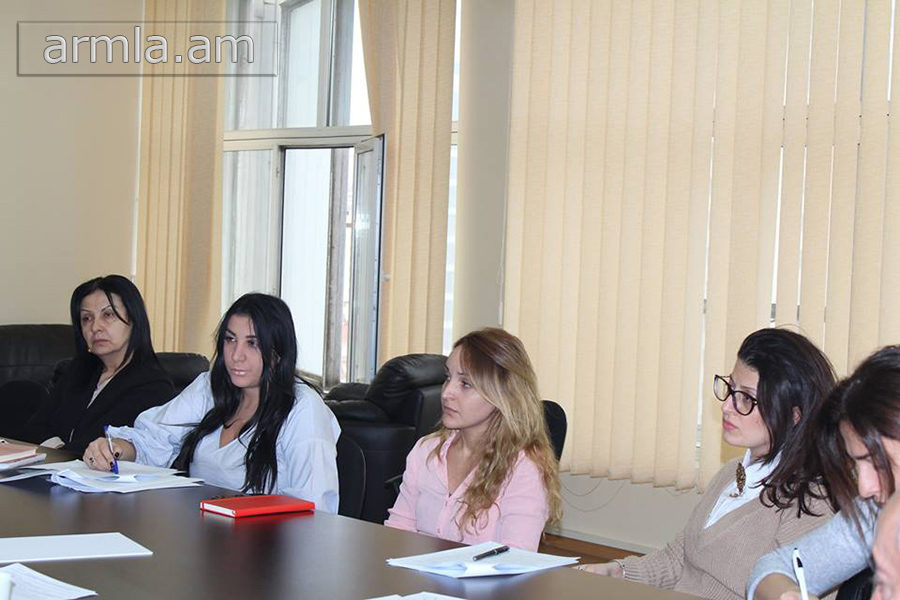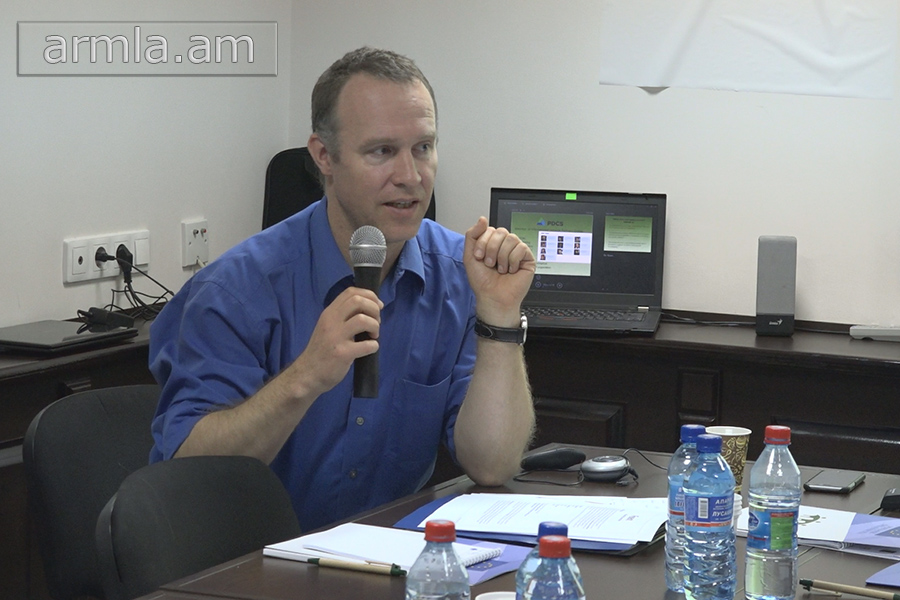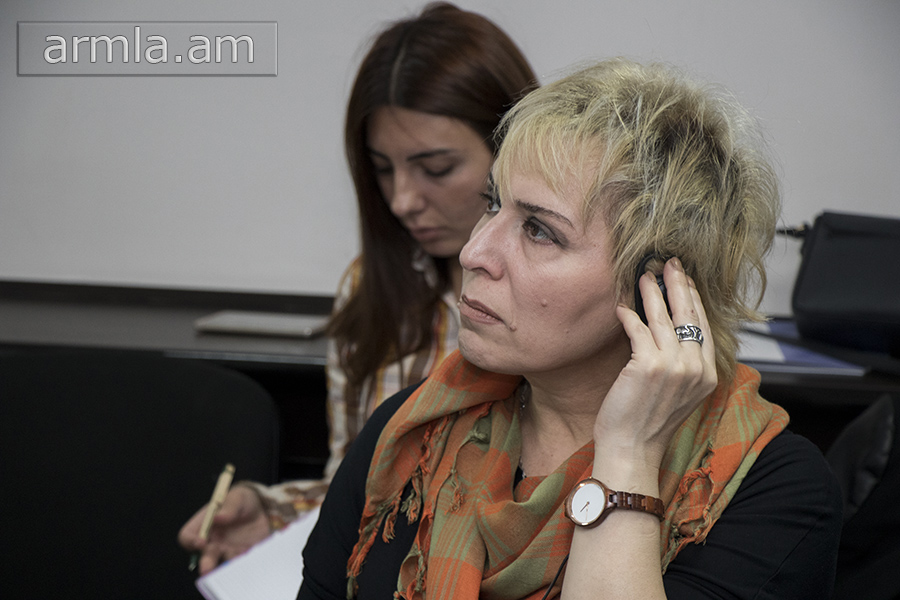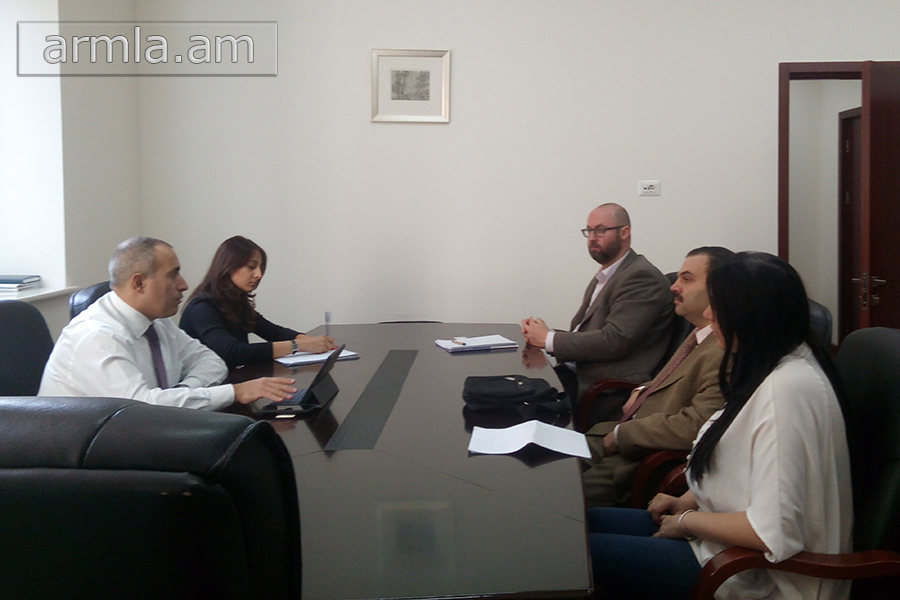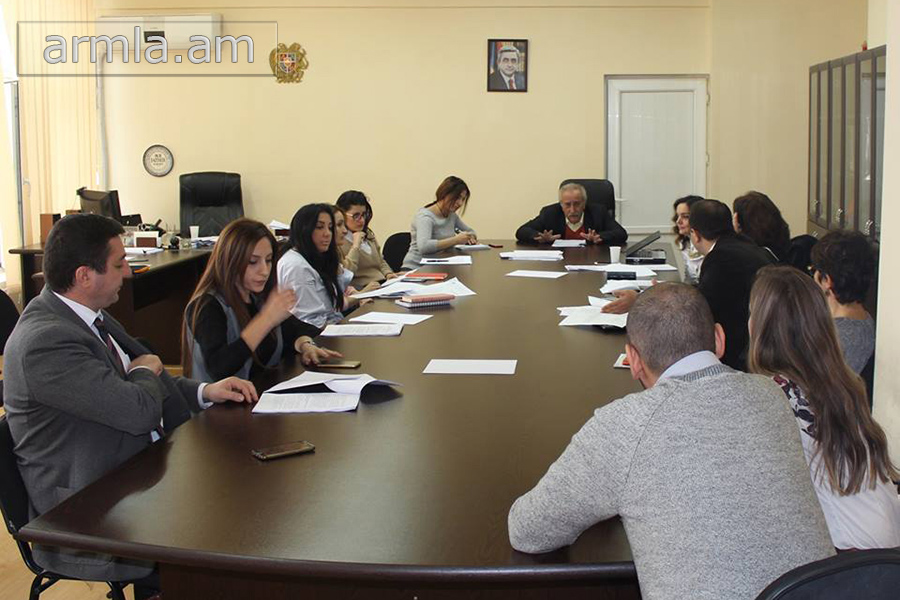Today, civil society organizations are the best democracy schools in the world: “CSOs are traditionally understood as schools where people learn to engage more in public affairs,” Pavel Mička, co-founder of “Agora Central Europe” NGO said at the tree-day training, which was organized in Yerevan.
The training was organized for the representatives of the organizations implementing the European Union-funded “Commitment to Constructive Dialogue” project.
The stronger capacity of the civil society organizations is, the more likely it shall have opportunity to initiate a constructive dialogue with the state is to have a constructive dialogue with the stateand and to become involved in the elaboration and implementation of programs deriving from the public interest. Pavel Mička presents the Czech experience in these areas, at the same time emphasizing that no matter how instructive the international experience is, yet Armenia should find its way to success on its own.
And what is needed for constructive dialogue? José Nicholas Dominguez, a Spanish volunteer who participated in the training noted, “I realized that we needed to work together to build a dialogue. Pavel said that if it is necessary 6 months to create a political system, 6 years to create and economic system, however 60 years are needed to create a civic participation system.”
Spanish volunteer Silvia de Benito highlighted another idea expresses during the course, “It is really important to understand the meaning of the word “trust”. For example, if they rob me, I will go to the police because I trust. If there is lack of confidence in the state system, there can be no talk of democracy.”
Slovak expert Peter Guštafík presented the confidence-building efforts between the authorities and the civil society. Why people are not involved in public discussion or in the development of public policies? According to Aleksander Shagafyan, President of the “Armenian CIVITAS” NGO, one of the reasons is the following, “Those who are called to organize this dialogue or involve the civil society in the discussion and resolutions of those issues maybe do not do it in very effective ways, or view as narrower targets, or choose appropriate targets for them, for which the society is not always active.”
One of the participants of the training, Haykuhi Alaverdyan, attaches great importance to the upbringing and education: when a person sees from his school age that his speech does not matter, an experience of passivity is formed. “The citizen does not even think of advancing of his own idea, and in addition, to believe that this will be taken into account and his struggle will lead to victory. One of the objectives of the “Commitment to Constructive Dialogue” project is to wake up the public, wake up civil consciousness and believe that the problem can be solved through the scenario offered by them.”
After the three-day training, on October 12 and 13, Pavel Mička, co-founder of “Agora Central Europe” NGO had meetings with senior officials from the Ministries of Justice; Territorial Administration and Development; Education and Science; Economic Development and Investments, within the framework of the “Commitment to Constructive Dialogue” project.
Representatives of state structures emphasized the importance of the implementation of the project and reaffirmed their readiness to provide support for its successful implementation.
The “Commitment to Constructive Dialogue” Project, is implemented with the financial support of the European Union by the “Armenian Lawyers’ Association” NGO in cooperation with its partners; Agora Central Europe o.p.s (an NGO from the Czech Republic), Armenian Center for Democratic Education-CIVITAS, “International Center for Human Development” Public Organization, SME Cooperation Association and Union of Communities of Armenia.

